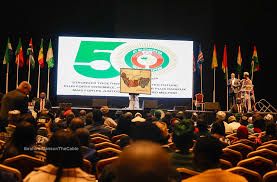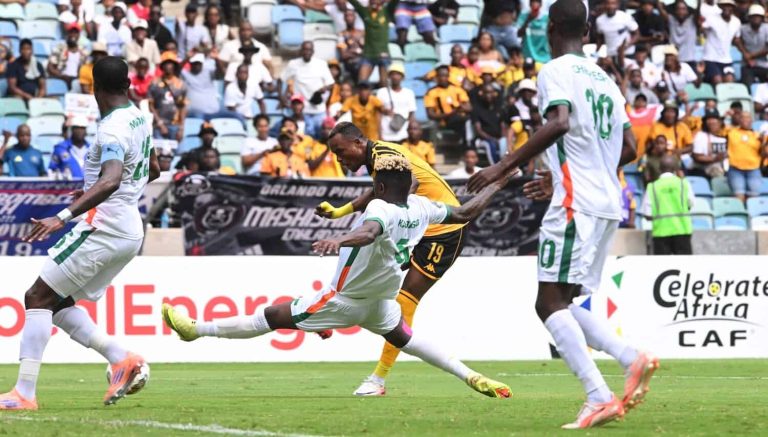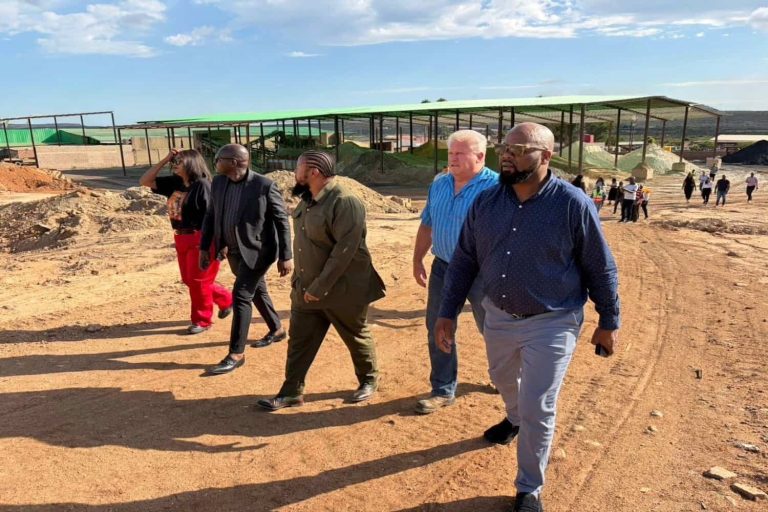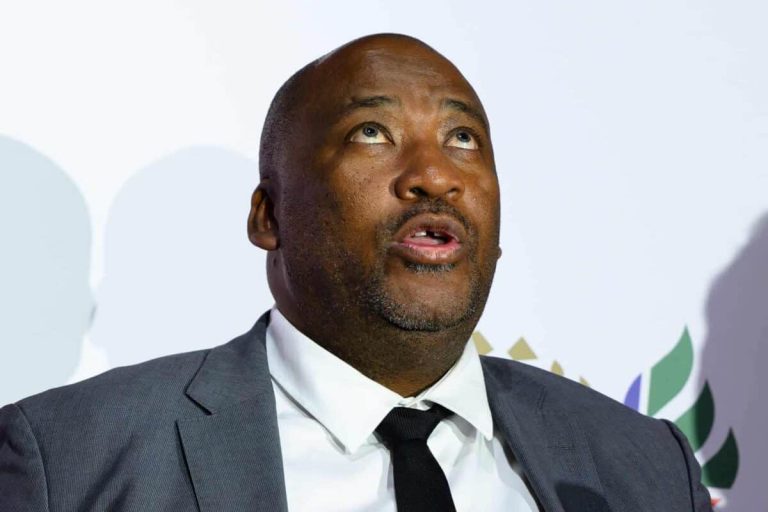
Marking 50 years since its founding, ECOWAS has been urged to seize the anniversary as an opportunity for renewal, to build a more inclusive, people-driven regional community.
At a public debate held in Abuja on Friday, regional leaders, policymakers, and scholars called for stronger unity, institutional reform, and citizen participation to help the bloc address growing political and security challenges.
Speaking at the event themed “Future-Proofing Regional Integration in Africa,” the ECOWAS Commissioner for Political Affairs, Peace, and Security, Dr. Omar Alieu Touray, described the milestone as “a moment for deep reflection, partnership, and renewal.”
According to him, “West Africa finds itself at a crossroads. We are facing crises of security and democracy that require fresh ideas and citizen engagement,” he said.
He disclosed that ECOWAS had launched a citizen-led review process to develop a new 15-year roadmap for governance and regional development, adding that young people and civil society must be at the centre of the bloc’s renewal.
Speaking further, the former Ekiti State Governor and Co-founder of the Amandla Institute, Kayode Fayemi, warned that ECOWAS risks losing credibility unless it becomes more responsive to citizens’ needs. “Fifty years is a time to take stock. ECOWAS must move beyond being an elite club of leaders and evolve into a community that delivers for its people,” he said.
Fayemi cited weak political will, stalled reforms, and overdependence on external donors as key challenges undermining ECOWAS’ relevance. He also urged the bloc to re-engage Burkina Faso, Mali, and Niger, which have withdrawn from its membership, noting that “regional unity cannot survive exclusion.”
Also speaking, the Executive Secretary of CODESRIA, Godwin Murunga, said despite challenges posed by colonial borders and governance issues, people-driven integration through trade, mobility, and technology continues to thrive across West Africa.
Founded in 1975 by Nigeria’s General Yakubu Gowon and Togo’s General Gnassingbé Eyadéma, ECOWAS has been central to peacekeeping, economic integration, and democracy promotion in the region — but faces renewed tests as it looks to the next 50 years.



